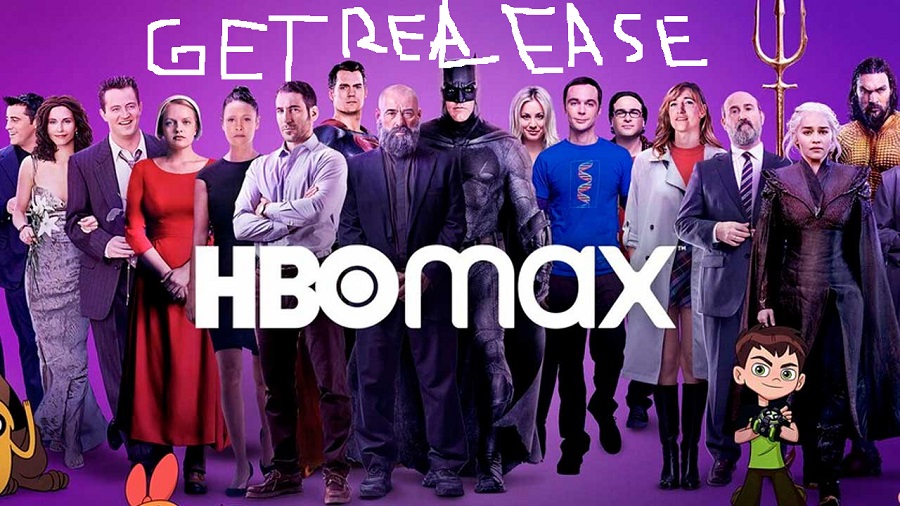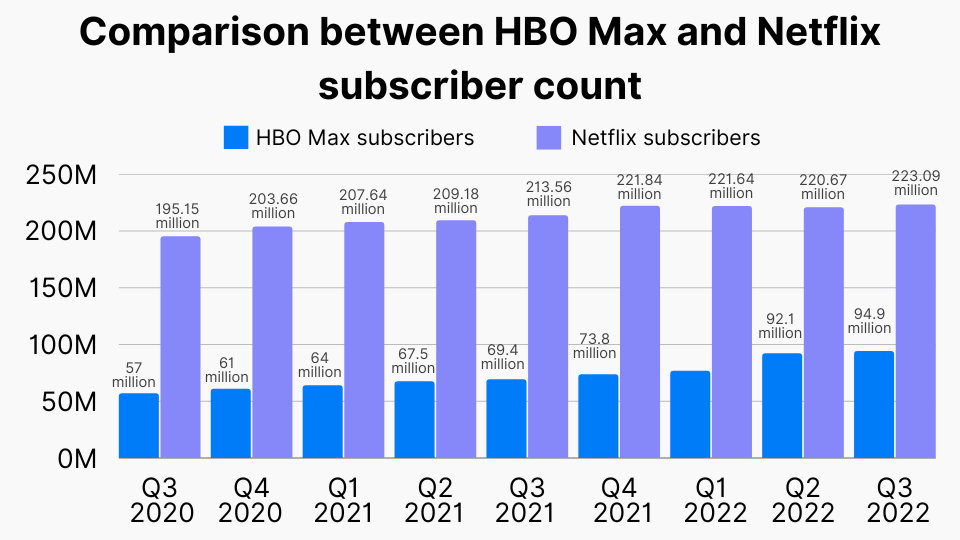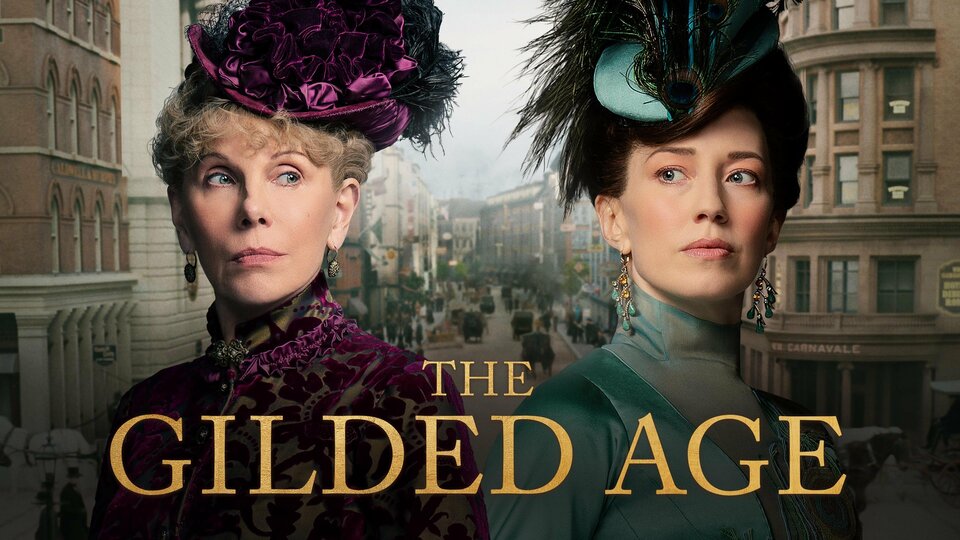HBO Industry: Revolutionizing Entertainment Forever
Overview of the HBO Industry
Home Box Office HBO Industry has established itself as a pioneer in premium entertainment, known for its innovative programming. Since its debut in 1972, HBO has become a symbol of cutting-edge television, producing exceptional series, documentaries, and films that challenge conventional storytelling. Originally a subscription cable network, HBO has adapted to the digital era with HBO Max, a versatile streaming platform that offers a wide variety of content, including original HBO productions, blockbuster movies, and licensed series.
In today’s entertainment sphere, HBO occupies a unique position. It is more than just a streaming service or TV channel; it embodies a commitment to high standards, creativity, and storytelling excellence. This article will explore HBO’s historical development, its distinctive business model, its impact on the “Golden Age of Television,” and the challenges it faces amidst growing competition.

The Historical Journey of HBO
HBO started in 1972 as a cable television service that offered uncut movies and live sports, which was quite revolutionary at the time. Founded by Charles Dolan, HBO was initially seen as a bold experiment since the concept of paying for TV was new to many.
The network quickly gained popularity with exclusive content such as boxing matches and first-run movies. The 1980s marked a turning point as HBO began focusing on original programming, starting with Not Necessarily the News and later The Larry Sanders Show in the 1990s, which received widespread acclaim.
As HBO evolved, it became renowned for producing high-budget, high-quality series. By the late 1990s, shows like The Sopranos and Sex and the City were transforming television and contributing to what is now known as the “Golden Age of TV.” HBO continued to lead the industry by embracing technological advancements, including the launch of HBO Max in 2020.
The HBO Business Model
Central to HBO’s success is its subscription-based revenue model. Unlike ad-supported networks, HBO generates income directly from subscribers, providing it with greater creative freedom and fewer content limitations. HBO uses a premium pricing approach, charging more than basic cable channels or competitors like Netflix. This model is supported by HBO’s commitment to delivering high-quality, exclusive content, including original series, major films, and documentaries.
With HBO Max, the platform offers both ad-supported and ad-free subscription options, broadening its potential audience. The inclusion of WarnerMedia’s diverse content, such as Warner Bros. films, Cartoon Network shows, and DC Universe properties, enhances HBO Max’s competitive edge. This wide range of content, coupled with HBO’s strong portfolio of original programming, helps justify its premium pricing.
Revenue Sources for HBO
HBO’s revenue streams are diverse. The main source of income is subscription fees from cable and streaming services. Additionally, HBO benefits from:

- Licensing Agreements: HBO sells the rights to its content to other networks and international markets, including deals with platforms like Sky in the UK and Hotstar in India.
- Merchandising: Popular shows like Game of Thrones have led to a substantial merchandising market, including products ranging from collectibles to apparel.
- Syndication: After a series completes its initial run, HBO often sells syndication rights to other networks, further monetizing its content.
HBO’s Impact on Premium Television
HBO has been a leader in setting high standards for television, known for its quality, storytelling, and production values. Shows such as The Sopranos revolutionized the medium by delivering complex, character-driven narratives comparable to cinema. HBO’s willingness to tackle controversial topics and create in-depth, long-form stories reflects its dedication to pushing creative limits.
The phrase “It’s not TV, it’s HBO” encapsulates this approach. Unlike traditional television, which often depended on advertisements and formulaic content, HBO took creative risks, experimenting with formats, styles, and narratives in ways other networks did not.
From Cable TV to HBO Max
The shift from cable TV to streaming was a crucial evolution for HBO. In response to the rise of competitors like Netflix and Amazon Prime, HBO launched HBO Go and HBO Now to retain its audience. The major transition came with the launch of HBO Max in 2020.
HBO Max not only features HBO’s original programming but also a vast selection from WarnerMedia’s other assets, including classic films, popular shows like Friends, and DC Comics content. This expansion aims to keep HBO relevant in a competitive market while adapting to evolving viewing habits.
Noteworthy HBO Originals and Series
HBO has produced some of the most celebrated and influential television shows. Its original content has earned numerous awards and international acclaim. Notable HBO series include:
- The Sopranos: Often hailed as one of the greatest TV shows ever, this crime drama set new standards for character development and serialized storytelling.
- Game of Thrones: A cultural phenomenon known for its epic scope, intricate plots, and unexpected twists, dominating popular culture for nearly a decade.
- Succession: A more recent hit, praised for its sharp writing, engaging characters, and exploration of wealth and power dynamics.
These series have had a significant impact on television, influencing how other networks approach serialized storytelling and production quality.
HBO’s Role in the Golden Age of TV

HBO’s contribution to the “Golden Age of TV” is immense. It was among the first to view television as a serious artistic medium, leading to the creation of complex, adult-oriented dramas that resonated with both audiences and critics. Shows like The Wire, Deadwood, and Six Feet Under demonstrated that TV could offer compelling and emotionally resonant storytelling comparable to feature films.
By setting new standards for storytelling, HBO paved the way for other networks and streaming services to invest in high-quality, narrative-driven content, sparking a wave of creativity and innovation across the industry.
HBO and the Streaming Wars
The streaming wars have fundamentally changed the television industry, with numerous platforms competing for viewers’ attention and subscription dollars. HBO has positioned itself as a premium player, focusing on quality and exclusivity rather than quantity. Unlike Netflix, which emphasizes a large volume of content, HBO maintains a curated selection of high-caliber shows and films.
HBO Max’s inclusion of a broad array of WarnerMedia content helps it compete with other major players like Disney+ and Amazon Prime. However, as competition intensifies and viewers face subscription fatigue, HBO must continue to innovate to stay competitive.
Challenges Facing HBO in the Streaming Era
Despite its success, HBO faces several challenges in the streaming age. One major issue is the rising cost of content production. Creating high-quality shows like Game of Thrones and Westworld requires significant investment, and the costs of securing top talent and intellectual property are increasing as the market grows more competitive.
Another challenge is balancing quality with quantity. While HBO has traditionally focused on a smaller number of high-quality shows, platforms like Netflix and Disney+ produce content at a faster pace. HBO must navigate the challenge of expanding its content library while maintaining its reputation for excellence.
HBO’s International Growth
HBO’s international expansion has been a key aspect of its growth strategy. Initially focused on the U.S. market, HBO has gradually extended its reach globally, launching localized channels and streaming services in regions such as Europe and Latin America. HBO Max, in particular, is designed to cater to a worldwide audience, with plans for further expansion. This global growth is essential for HBO’s long-term success as the U.S. market becomes more saturated.
ALSO READ :Why is a Role Model for the Modern Generation and Maisie Williams: A Biography
Technology’s Role in HBO’s Strategy
Technology is crucial to HBO’s strategy. The transition from cable to digital streaming required significant investment in infrastructure, user interface design, and data analytics. HBO Max’s platform is optimized for personalized recommendations, a critical feature in an era of overwhelming content options.
HBO also utilizes data-driven insights to shape its content strategy, ensuring it creates programming that resonates with viewers. However, HBO balances data with artistic vision, maintaining a focus on quality alongside analytical insights.
Partnerships and Collaborations
Partnerships have been integral to HBO’s strategy. The network has collaborated with leading production companies, directors, and creators to develop original content. Notable collaborations include those with David Simon, which produced The Wire and Treme, and partnerships with J.J. Abrams and Lisa Joy, leading to the creation of Westworld.
HBO also works with other networks and streaming services for international distribution, helping to broaden the reach of its content.
The Future of HBO and HBO Max
Looking ahead, HBO faces both opportunities and challenges as it navigates the evolving entertainment landscape. The demand for high-quality, original content remains strong, and HBO is well-positioned to meet this demand. However, increasing competition from other streaming services and the high cost of content production mean that HBO must continue to innovate to stay relevant.
Potential future strategies include further international expansion, increased investment in original programming, and exploring new formats such as interactive content or virtual reality.
HBO’s Cultural and Social Impact
HBO’s influence extends beyond television, shaping societal and cultural discussions on topics such as race, gender, politics, and morality. Shows like The Sopranos challenged traditional views on masculinity, while Game of Thrones sparked debates on power and justice. Additionally, HBO’s documentaries and mini-series, such as Chernobyl and The Jinx, have highlighted real-world issues and historical events, reinforcing HBO’s role as a thought leader in the industry.
Frequently Asked Questions
What makes HBO distinct from other streaming platforms?
HBO differentiates itself through its unwavering commitment to delivering top-tier content and exceptional production values. Unlike many other services that prioritize the volume of content, HBO focuses on crafting high-budget, well-curated series and films that challenge conventional storytelling norms.
How does HBO generate its income?
HBO primarily earns revenue from subscription fees for both its cable and streaming services. Additionally, the network benefits from licensing agreements, merchandise sales, and the syndication of its programming.
What are some of HBO’s most iconic original series?
HBO is celebrated for its landmark original series, including The Sopranos, Game of Thrones, Succession, The Wire, and Chornobyl, all of which have made significant impacts on the television landscape.
How does HBO Max differ from traditional HBO?
HBO Max encompasses all the content available on HBO and adds a wide range of additional material from WarnerMedia’s extensive portfolio, such as Warner Bros. films, DC Comics series, and Cartoon Network programming.
What challenges is HBO encountering in the streaming industry?
HBO faces several hurdles, including stiff competition from other streaming giants like Netflix and Disney+, escalating costs of high-quality content production, and the need to maintain its reputation for excellence while expanding its content offerings.
Is HBO accessible internationally?
Yes, HBO has broadened its global footprint, with HBO Max available in numerous countries beyond the United States. The network’s content is also licensed to international platforms and networks, enhancing its global reach.


